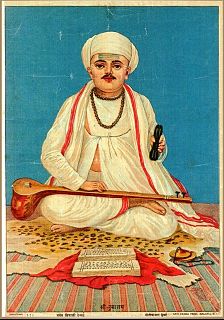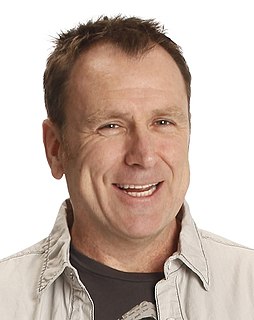A Quote by Tukaram
I am looking for a poem that says Everything so I don't have to write anymore.
Related Quotes
The subject of the poem usually dictates the rhythm or the rhyme and its form. Sometimes, when you finish the poem and you think the poem is finished, the poem says, "You're not finished with me yet," and you have to go back and revise, and you may have another poem altogether. It has its own life to live.
A successful poem says what a poet wants to say, and more, with particular finality. The remarks he makes about his poems are incidental when the poem is good, or embarrassing or absurd when it is bad and he is not permitted to say how the good poem is good, and may never know how the bad poem is bad. It is better to write about other people's poetry.
I write first drafts with only the good angel on my shoulder, the voice that approves of everything I write. This voice does'nt ask questions like, Is this good? Is this a poem? Are you a poet? I keep this voice at a distance, letting only the good angel whisper to me: Trust yourself. You can't worry a poem into existence.
If I begin a poem, "I am a donkey," reason kicks in and says, "She is taking on the persona of a donkey." But if I write, "I have taken so many drugs I can't see my feet," the tendency is to take that as a confession on the part of the poet. Maybe that doesn't matter. I'd almost prefer for it to be the other way round.




































